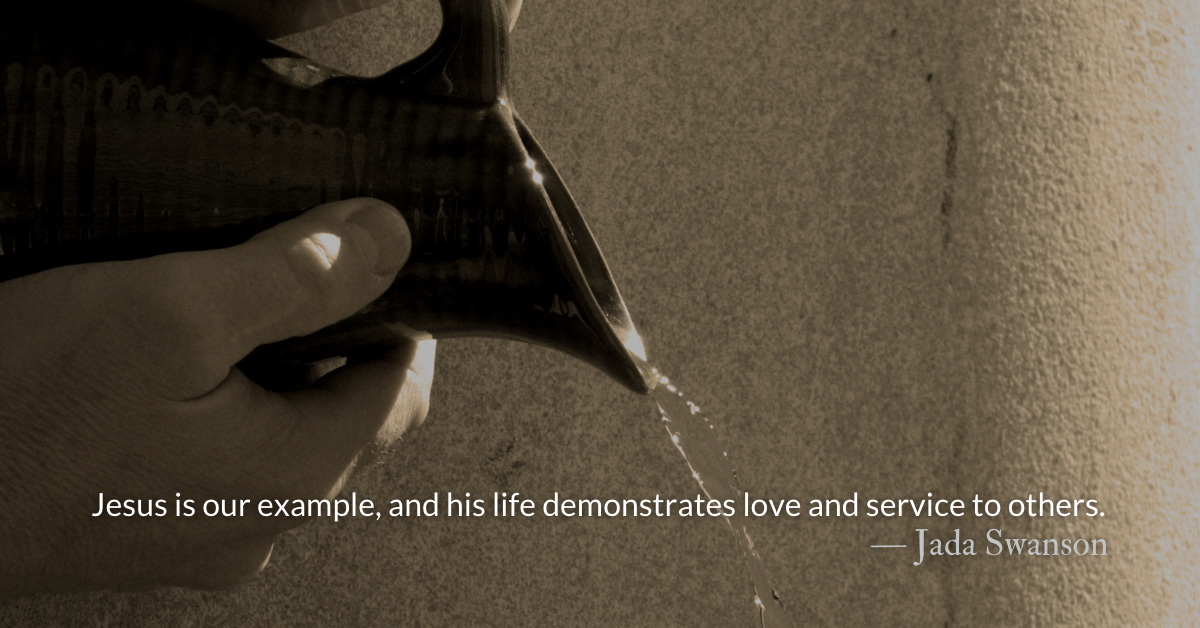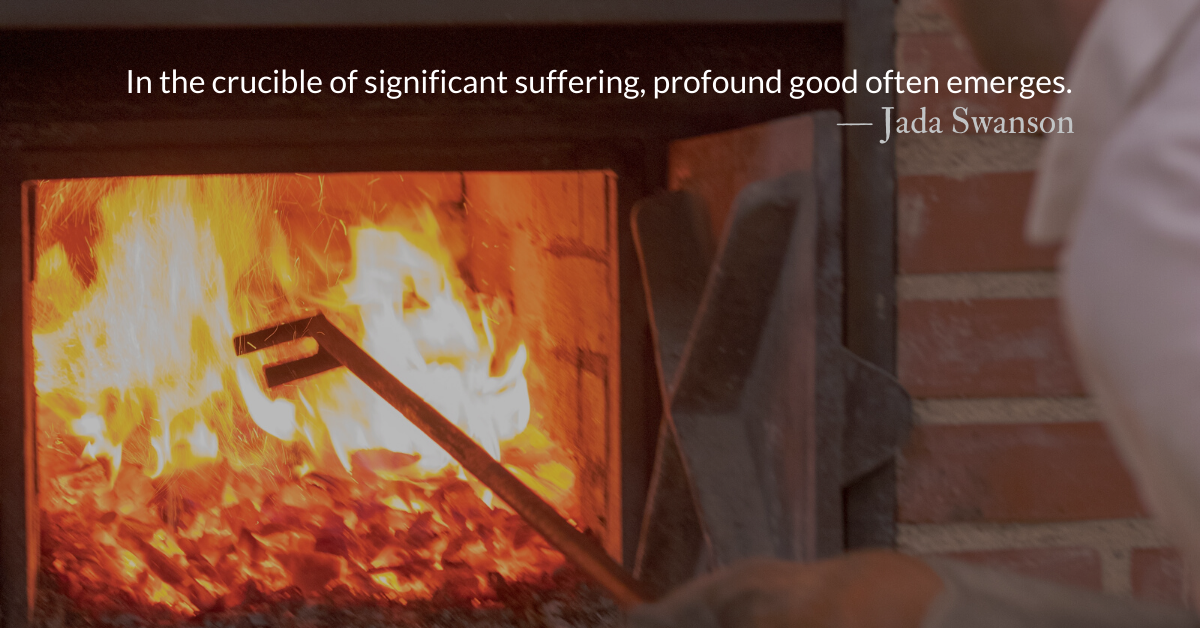Scripture Focus: John 13.12-17
12 When he had finished washing their feet, he put on his clothes and returned to his place. “Do you understand what I have done for you?” he asked them. 13 “You call me ‘Teacher’ and ‘Lord,’ and rightly so, for that is what I am. 14 Now that I, your Lord and Teacher, have washed your feet, you also should wash one another’s feet. 15 I have set you an example that you should do as I have done for you. 16 Very truly I tell you, no servant is greater than his master, nor is a messenger greater than the one who sent him. 17 Now that you know these things, you will be blessed if you do them.
From John: Today we look back at Jada’s post from 2018. I’m thankful that Jada reminds us that Jesus washed Judas’s feet. As we think of all the ways Jesus served his disciples and us (washing feet, self-sacrificing, loving enemies, etc.) may we remember his words, “Now that you know these things, you will be blessed if you do them.”
Reflection: Dirty Feet
By Jada Swanson
If you knew that you were going to die tomorrow, what would you do? What would you say?
Imagine walking into a tiny upper room, crowding around a table, passing plates of food to eat, but knowing tomorrow was the day. This is the situation Jesus faced on the Thursday before he was crucified.
On this day, Jesus celebrated his final Passover with His disciples. However, on this occasion, he did something quite different. At the very beginning of the traditional meal, Jesus washed each of the disciples’ feet. Something he had never done before.
In the Old Testament foot washing occurs frequently (Genesis 18.4; 19.2; 24.32; 43.24; Judges 19.21; 1 Samuel 25.41; 2 Samuel 11.8; Song of Solomon 5.3; Psalms 58.10). In ancient times, foot washing was considered a tremendous act of hospitality, and was done before entering someone’s home or tent. One’s status (rich or poor) determined whether the guest washed their own feet with water provided by the host, or if a slave performed this act, which was considered the lowliest of services.
However, as often is the case with Jesus, he turned everything upside down. Surely, shouldn’t the servants be washing their master’s feet? According to customs of this time, this should have been the case. But, instead, Jesus washed each of the disciples’ feet, even Judas’ (John 13.2).
Jesus gathered the disciples around him, took a towel, poured water into a basin, and washed their feet. He served them with love and humility. As his followers, we are called to do the same.
Although we do not know the hour or the day of our final moments on earth, we do have an example of how to live our life. Jesus is our example, and his life demonstrates love and service to others. On the final evening with his disciples, he included an act of service. As his modern-day disciples, may we all continue to carry on his example by serving others each and every day of our lives.
Divine Hours Prayer: The Greeting
O God, you know my foolishness, and my faults are not hidden from you. — Psalm 69.6
Today’s Readings
Genesis 14 (Listen 4:04)
John 13 (Listen 5:06)
Today’s Readings
Genesis 15 (Listen 2:53) John 14 (Listen 4:13)
Genesis 16 (Listen 2:18) John 15 (Listen 3:20)
Read more about Beyond Pen and Ink
What he wanted to say couldn’t be said with pen and ink. He needed to…wash dirty feet. He needed to bleed.
Read more about Supporting Our Work
We want to not only continue but expand our work in 2023. Please consider becoming a monthly donor to help us reach more people.











